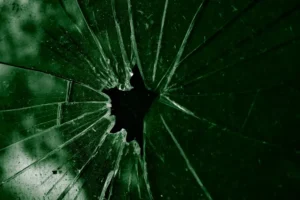The new FUTURE-ART partnership aims to use art to raise awareness and empower young people against human trafficking, through education, creativity, and collaboration. The initiative brings together organisations from six European countries.
The trafficking of human beings, especially young people, is a complex and global issue. Prevention is crucial, as highlighted by the fifth report on the progress made in the EU in combatting trafficking in human beings, which shows a 20.5% increase in registered victims, with the majority being non-EU citizens (54%).
FUTURE-ART – Sentinels of the Future: Together to Eradicate Human Trafficking – emerges from the shared need to prevent and detect this global phenomenon, which impacts millions of lives and the dynamism of European communities.
Harnessing the communicative and emotional power of artistic expression, the project aims to create awareness campaigns that engage, educate, and empower young people and the professionals working with them, fostering a deep and reflective understanding of this complex issue.
Art plays a central and dynamic role in the project’s strategy, strengthening awareness and supporting the recovery of human trafficking victims. Its universal language makes the project more inclusive and accessible, connecting diverse audiences while promoting empathy and understanding.
This new partnership also gives young people a central role in tackling this issue, emphasising the quality, innovation, and recognition of the work that supports and empowers them. Through innovative digital platforms and artistic and educational approaches, FUTURE-ART aims to deepen youth engagement and equip them with essential skills for greater awareness and effective action in preventing human trafficking.
Through collaboration among researchers, young people, artists, and policymakers, the partnership integrates diverse perspectives and contributions in its work with youth. This synergy ensures evidence-based and policy-aligned initiatives, thereby enhancing the project’s effectiveness and relevance.
FUTURE-ART thus represents a crucial effort in preventing human trafficking. By using art as a means to engage, educate, and empower young people, the initiative contributes to building safer communities, promotes active citizenship, and fosters greater critical awareness of this serious human rights violation.
The official kick-off of this new project took place on October 28 in Paris, France. The meeting brought together the seven partners of the consortium, from the research, education, and public policy sectors, with the aim of establishing the strategic guidelines and work plan for the three-year duration of the project.
The meeting helped to clarify the partnership’s vision and to outline an integrated approach to both primary and secondary prevention of the phenomenon. It also reaffirmed the commitment to ensuring that the voices of victims are heard and represented.

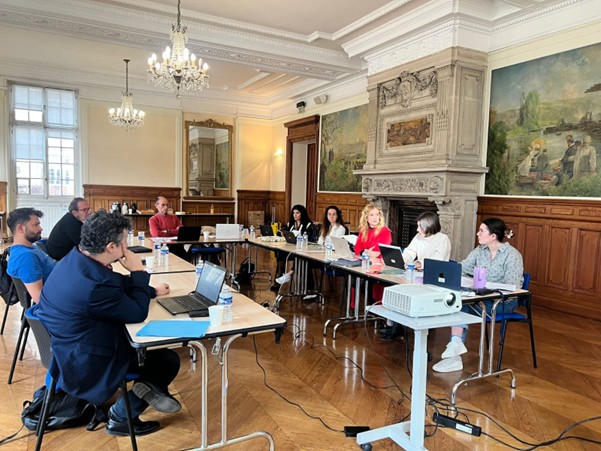
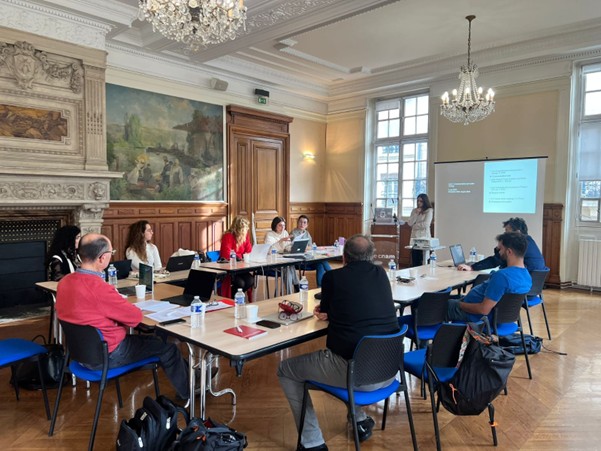
As a partner organisation of FUTURE-ART, IPS will contribute through its solid multidisciplinary experience, acquired over years of work in intervention and response projects addressing organised crime, particularly human trafficking, as well as in youth-oriented and youth-led initiatives.
IPS’ team brings diverse expertise in criminology, sociology, and psychology, supported by consultants, researchers, and project managers, enhancing our capacity for effective intervention.
The FUTURE-ART partnership presents a different facet of preventing human trafficking, where IPS is currently also working within the framework of the SafeBorders initiative. This project, involving partners from 8 countries, focuses on strengthening the capacity of judicial authorities and frontline professionals through knowledge exchange, training, and the development of an international cooperation platform with artificial intelligence applications. This platform will collect anonymised data from court decisions to identify patterns, high-risk targets, and criminal networks connected to child trafficking.
Learn more about this project

FUTURE-ART
Sentinels of the Future: Together to Eradicate Human Trafficking
The FUTURE-ART consortium is coordinated by the National Conservatory of Arts and Crafts (France), and partnered by IPS_Innovative Prison Systems (Portugal), University of Calabria (Italy), Spin System Association (Belgium), Les Militants des Savoirs Association (France), InnoPolis – Centre for Innovation and Culture (Greece), and Sustainable Education and Health Academy (Turkey).
For more information on the FUTURE-ART project, please visit its project page.
Related projects

WAYOUT
Integrated Exit Programme for Prisons and Probation
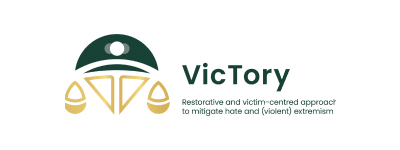
VicTory
Restorative and victim-centred approach to mitigate hate and (violent) extremism

SHIELDed
Safeguarding symbolic places of personal and religious development and freedom in Europe through a multi-stakeholder approach.
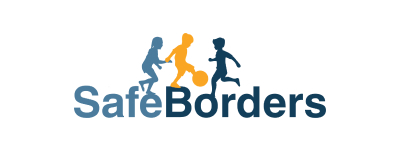
SafeBorders
Strengthening Judicial expertise and Frontline support to combat Child Trafficking

REUNION
Rehabilitation of foreign inmates within the scope of FD 2008/909/JHA
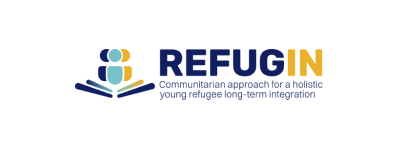
REFUGIN
Communitarian approach for a holistic young refugee long-term integration

R4JUST
Radicalisation Prevention Competences’ Development Programme for Justice Professionals
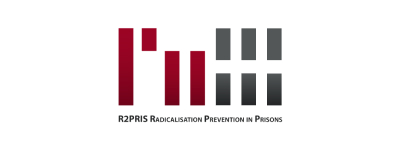
R2PRIS
Radicalisation Prevention in Prisons
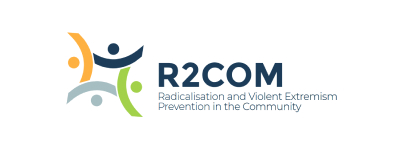
R2COM
Radicalisation and violent extremism prevention in the community
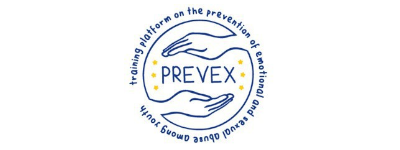
PREVEX
Preventing Emotional and Sexual Abuse Among Young People
Related news
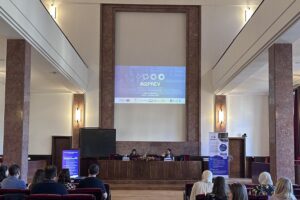
IN2PREV Final Conference highlights cross-sector collaboration for refugee inclusion and radicalisation prevention
Read More »
Standing united against hate: A national effort to prevent and tackle hate crime and hate speech in Portugal
Read More »
Older women in prison: Exploring intersectional vulnerabilities and sharing insights with the scientific community
Read More »
New IPS-led initiative unites efforts to protect religious communities, schools, and places of worship
Read More »


